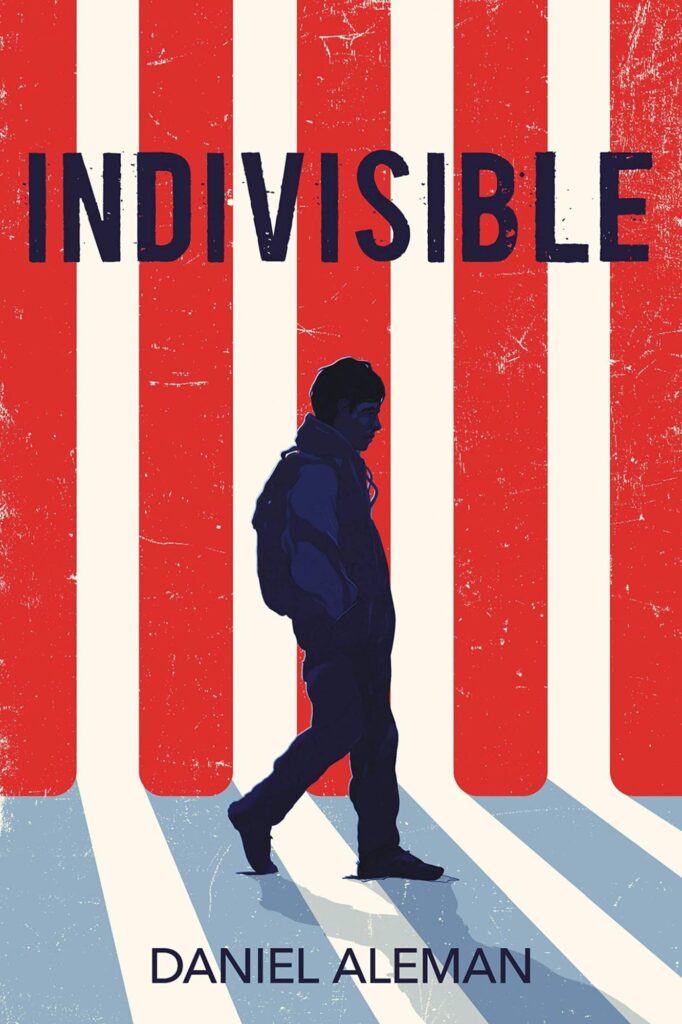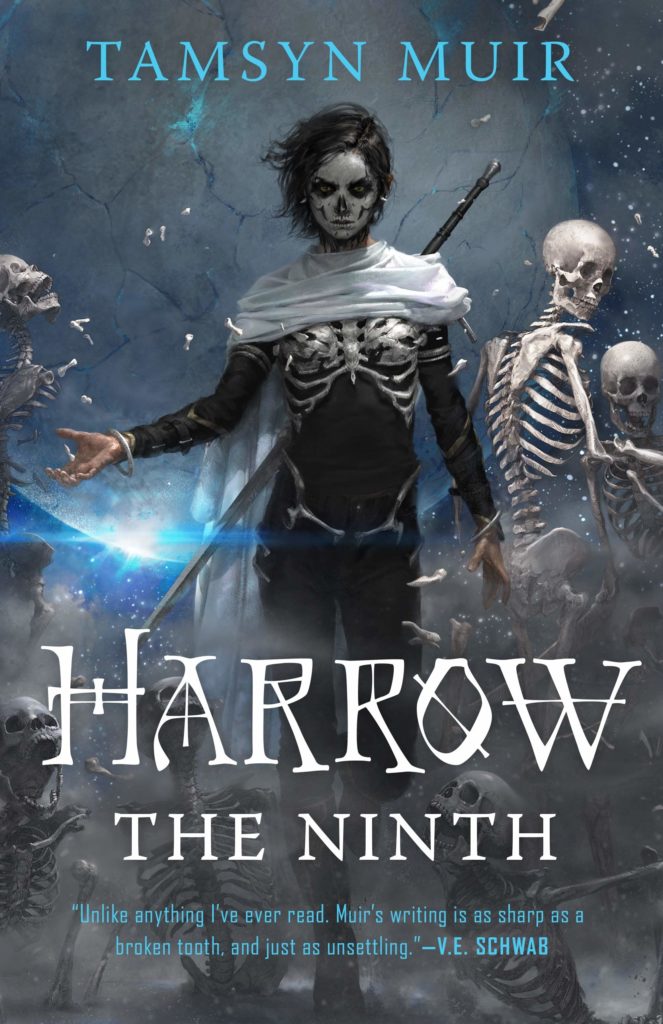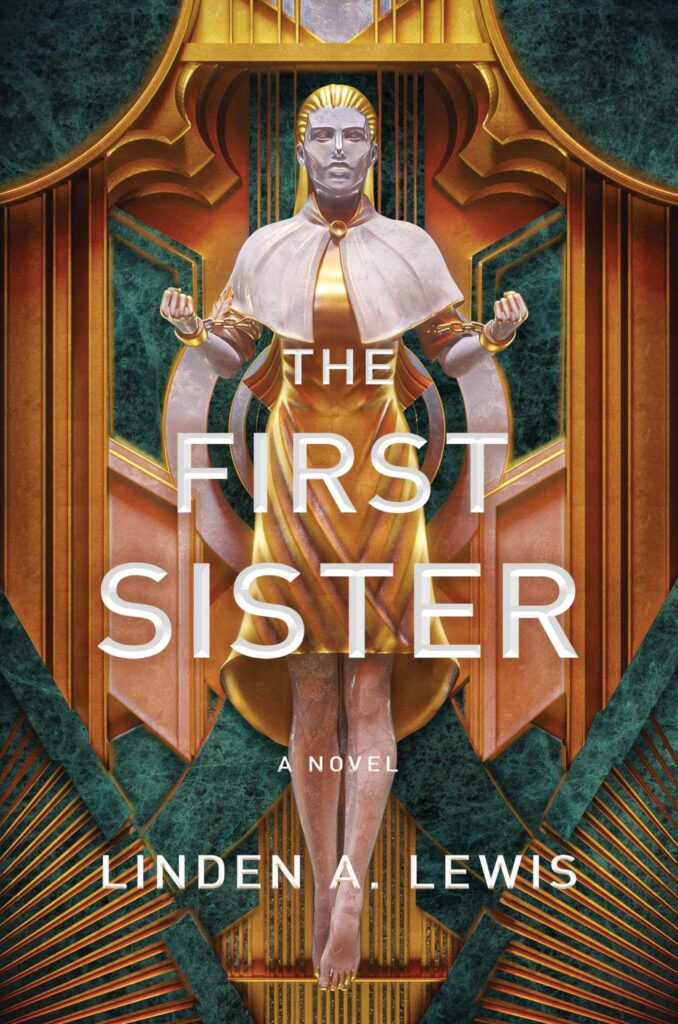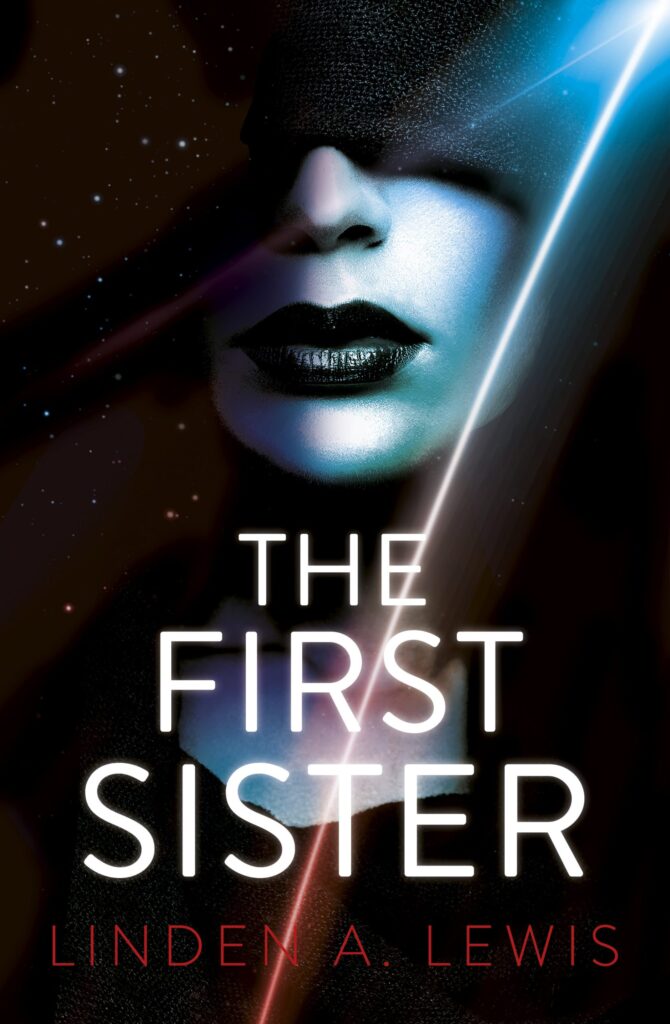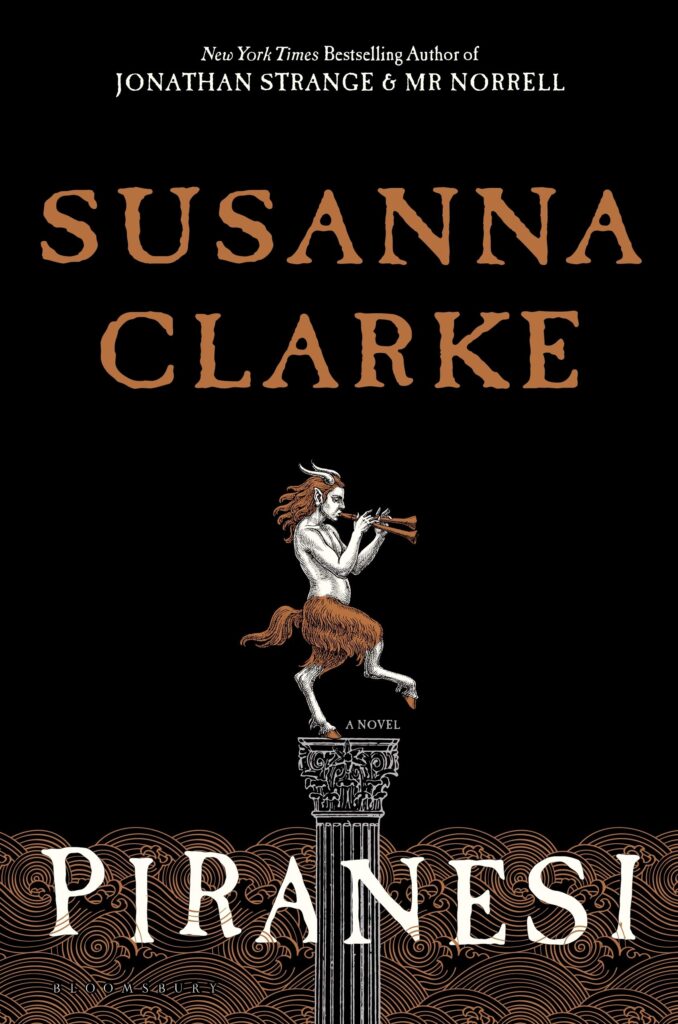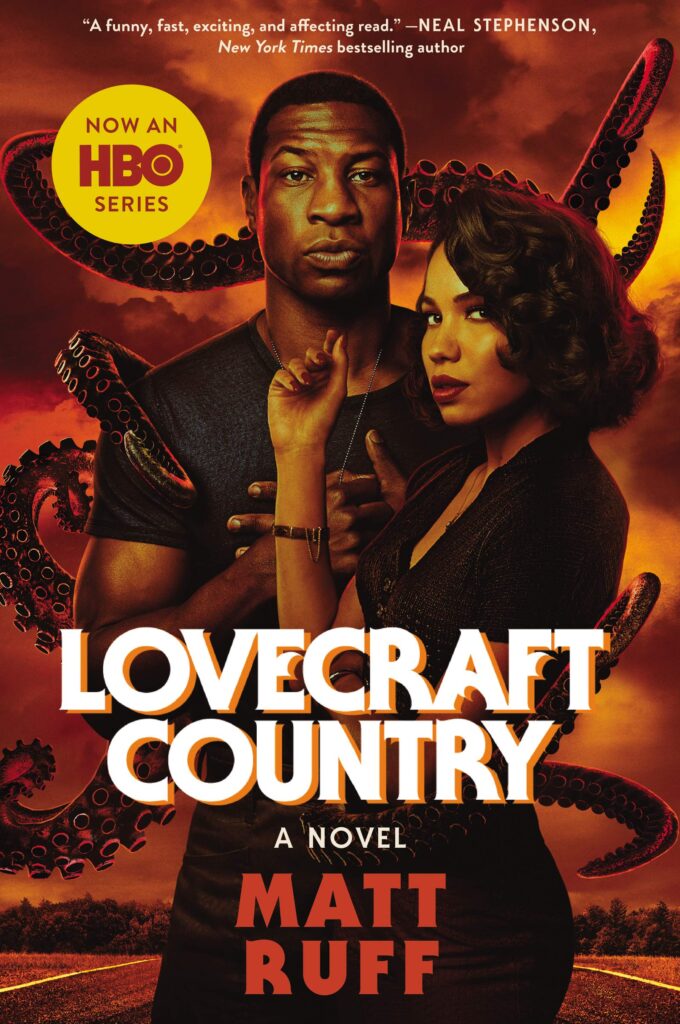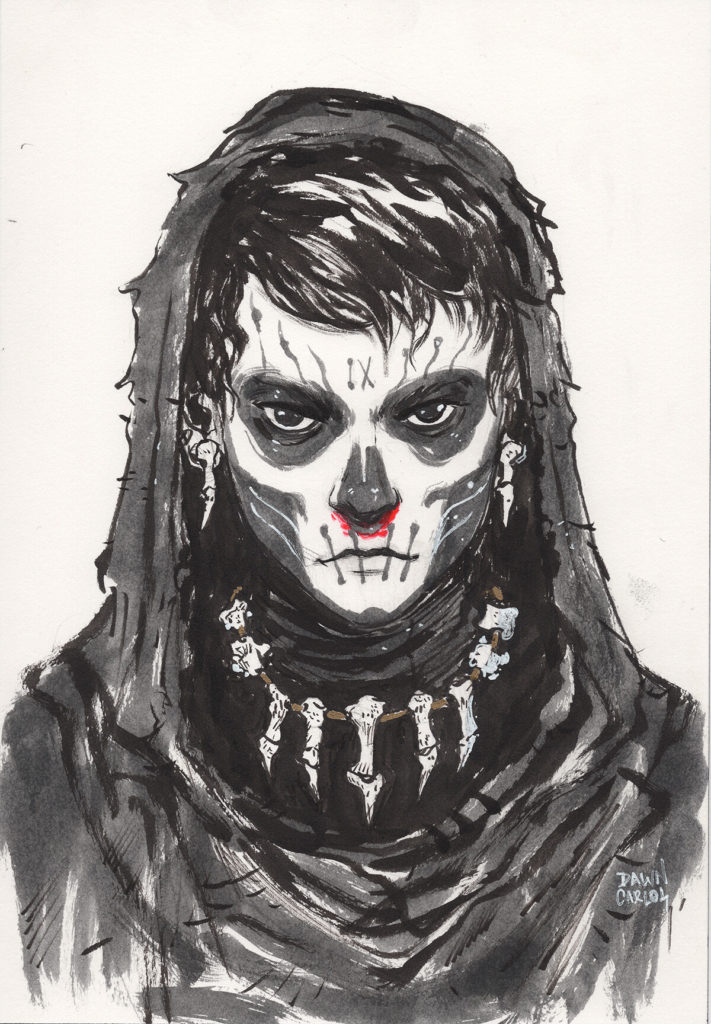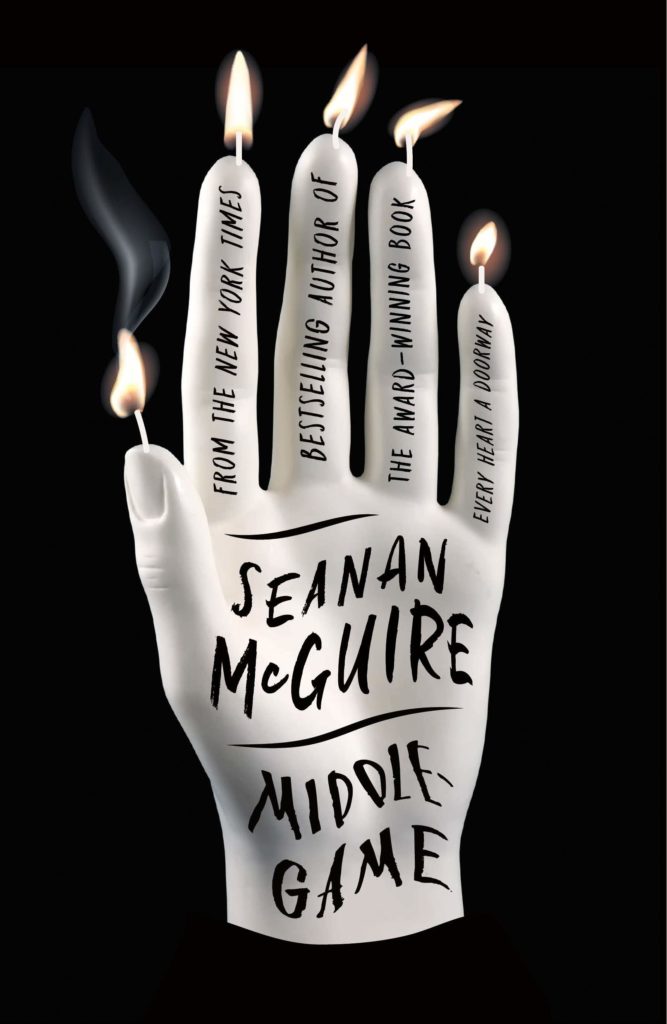
I think I am rare as a writer, in that I approach storytelling world-first. Whatever processes occur in my brain to create ideas, those usually begin with a setting. The characters come from there, and soon the story follows. As such, I thoroughly enjoy it when I encounter a secondary world that lives and breathes on the page.
Such was the case with Christopher Buehlman’s upcoming fantasy, The Blacktongue Thief. I was unfamiliar with the author when I received the galley. But I could tell that Tor was really pushing it, and there was already some decent buzz even months out. So I decided to give it a whirl. And I am incredibly happy that I did!
Kinch Na Shannack is a thief. A fairly competent one, taught in a school of the Takers Guild. He knows all the tricks, and some minor magics besides. But he also owes the guild for his education, and he has run behind on his debts. For someone in his situation, the outcomes may vary, but they are rarely pleasant. But then the guild offers him a solution. A mission to accompany Galva — a knight from the brutal goblin wars, handmaiden to the goddess of death, and all-around badass — on a journey to a distant land invaded by giants. Kinch jumps at the opportunity to clear up his debt, even if his companion is less than thrilled. However, they both soon discover there is more to the mission — and the Takers Guild — than meets the eye.
The Blacktongue Thief just oozes atmosphere. The worldbuilding is incredibly dense, brimming with different countries, peoples, customs, dialects, religions, music, and customs. It all lives and breathes, yet somehow never overwhelms the story. Or the voice of the quippy rascal that is Kinch. He easily makes it into the pantheon of rogues turned into unlikely heroes, and his awful sense of humor and klepto instincts are a constant delight. As an aside, the author himself reads the audio version, and the Irish accent only adds more flavor to the mix.

The structure of the book is old school adventure fantasy. Kinch and Galva’s journey is told through episodic adventures, each adding to the world and moving the story forward. It allows the reader to explore the lands of The Blacktongue Thief, and the weirdos that inhabit them. Of course, this also means that some of the stakes feel a bit small. Characters are introduced and deftly developed in a few short paragraphs, only to disappear in the next 50 pages. But while I would have enjoyed some more time with some of them, the ones who matter get more than their fair share of screen time.
There is a brash energy to The Blacktongue Thief that I did not know I was missing from my recent fantasy reading. While it touches on the traditions of books like The Lies of Locke Lamora, it does so with an abandon that makes it feel truly unique. That energy seeps into the worldbuilding as well. The lands of “kin” (humans) are surrounded by the terrifying goblins and the threatening giants. Magic infuses everything, and it can be both commonplace cantrips, or high spells granting mastery over life, death, and time. Everyone has some enchanted weapon or tattoo, or knows where to go pay for some. In a way, it feels almost a little Dungeons and Dragons, but the book never goes into RPG territory.
All in all, The Blacktongue Thief is the fantasy I did not know I needed, but can’t wait to read more of. Even though it is first in a series, the book has a complete arc that opens the world to more adventures to come. And I am excited to read more of Christopher Buehlman, now that he has tattooed his voice in my imagination.



